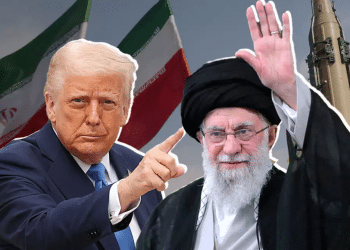The designation of the special unit that operates in the Gaza Strip is of vital importance. Even in an atmosphere of "understandings" and with the prime minister abroad, citizens have to be protected.
This has to be done operationally. I tend to compare the unit's activities to a football team's: Their job is to catch the ball – in other words, perform a mission – and then run for a touchdown – that is, execute the mission perfectly. Anything less than that is unacceptable in the unit.
At the center are those who perform the mission: the soldiers, each with his own qualities, honed through grueling training, willpower and reliability. The commanders in the field are no different than their troops.
As someone who has participated in operations and has been wounded, I can say that the commanders see themselves first and foremost as soldiers in the lead. In their eyes, the best place for them to be is at the front of their troops. There is risk involved, but the blood of a lieutenant colonel is not more valuable than the blood of a sergeant. They are both just as valuable as each other. This style of command produces the best mission performance and imbues the fighters with optimal confidence.
Good execution of a mission requires teamwork – one for all and all for one – and hard work, showing that where there's a will there's a way. Unit members train hard and delve into the tiniest of details. Every operational eventuality has a contingency plan, which the soldiers drill. They know the unforeseen can happen, and they train to overcome unanticipated obstacles.
The unit's technology is top of the line, and a great deal of effort goes into fitting it to the specific mission and operators. The soldiers are experts at operating the equipment and at improvising.
Sometimes, of course, they make mistakes and fail. That is why post-operation debriefings and learning lessons are sacrosanct. As soon as possible after every operation, the soldiers debrief to identify their mistakes and failures, so that the next team will be better prepared and equipped to execute the next mission. During the debriefings, the soldiers speak entirely honestly, knowing the truth will not be used against them; rather, the opposite is true, and lessons will be learned to save lives in the future. The commanders speak first. Those who know what went wrong can make the corrections and their subordinates trust them.
All the responsibility falls on the commanders in the field. Their motto is always "follow me." The commander on the ground is told that effectively he is the chief of staff.
These are the things that make the unit unique: its crucial designation; its teamwork, arduous training and meticulous preparations; the integration of sophisticated technology and uncompromising professionalism, and the ability to improvise when needed; commander-soldiers who set personal examples; and debriefings with tangible lessons that are carefully implemented.
This is how security is provided for Israel's citizens.



